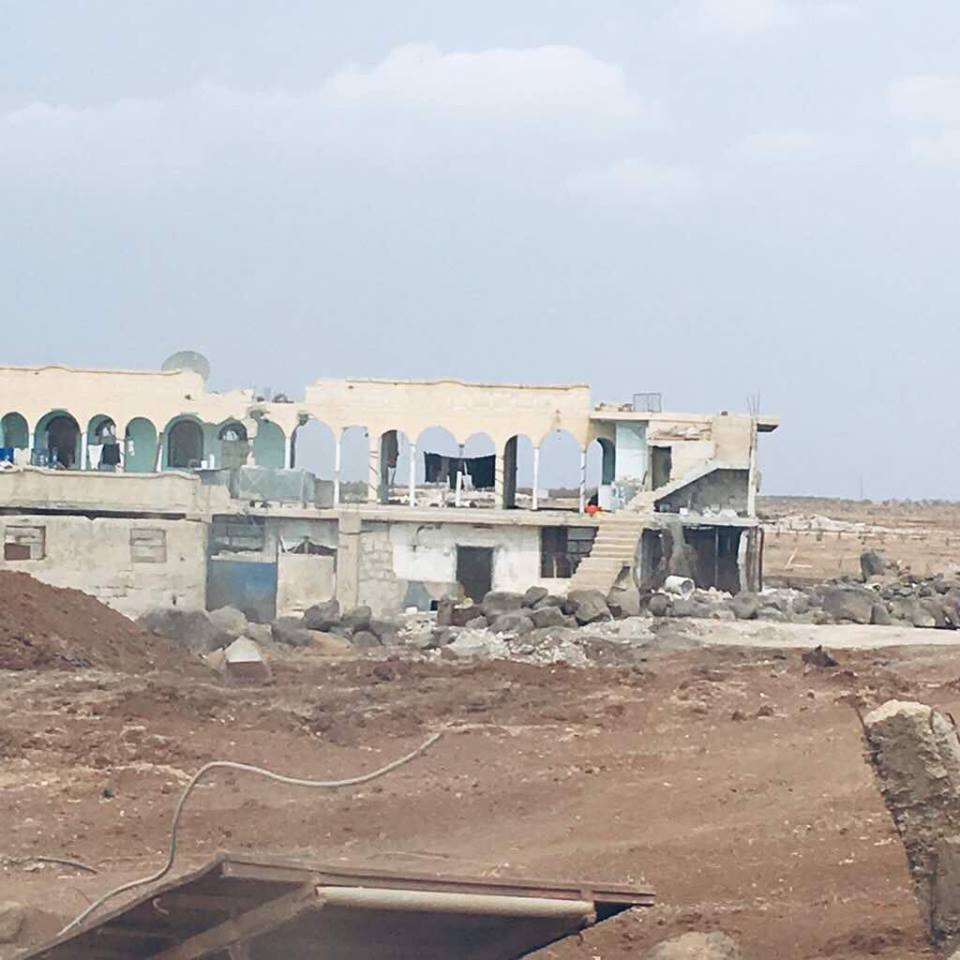
This brief highlights key lessons learned about the challenges that community-level peace resources face in effectively mitigating conflict in Syria, as well as communities’ aspirations for more inclusive peace processes.

This brief highlights key lessons learned about the challenges that community-level peace resources face in effectively mitigating conflict in Syria, as well as communities’ aspirations for more inclusive peace processes.
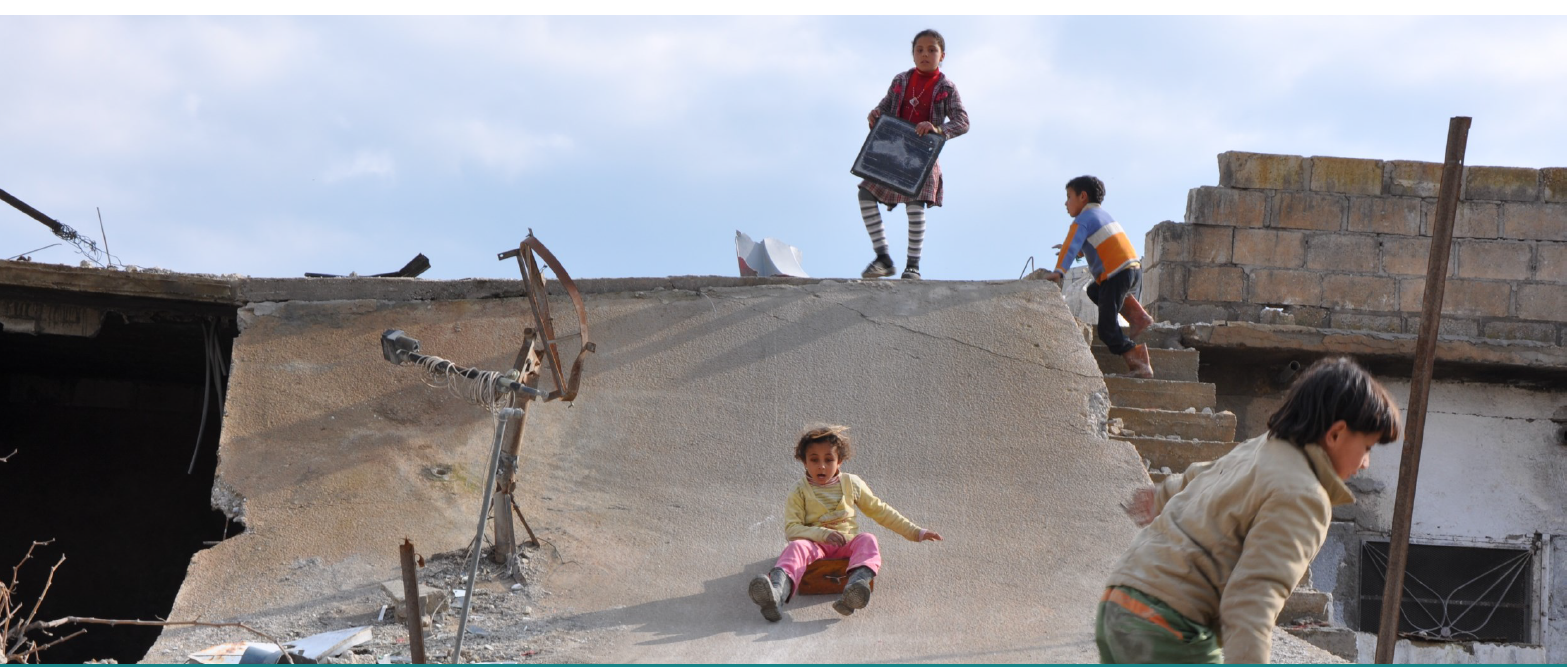
PCi is providing support to community peace resources – those individuals and organisations involved in local initiatives to prevent, manage and resolve conflict. The first task of this work was to map such peace resources; this was done in March 2014. PCi captured learning from this research and outlined an agenda for supporting the development and strengthening of community-level resources for peace in Syria.
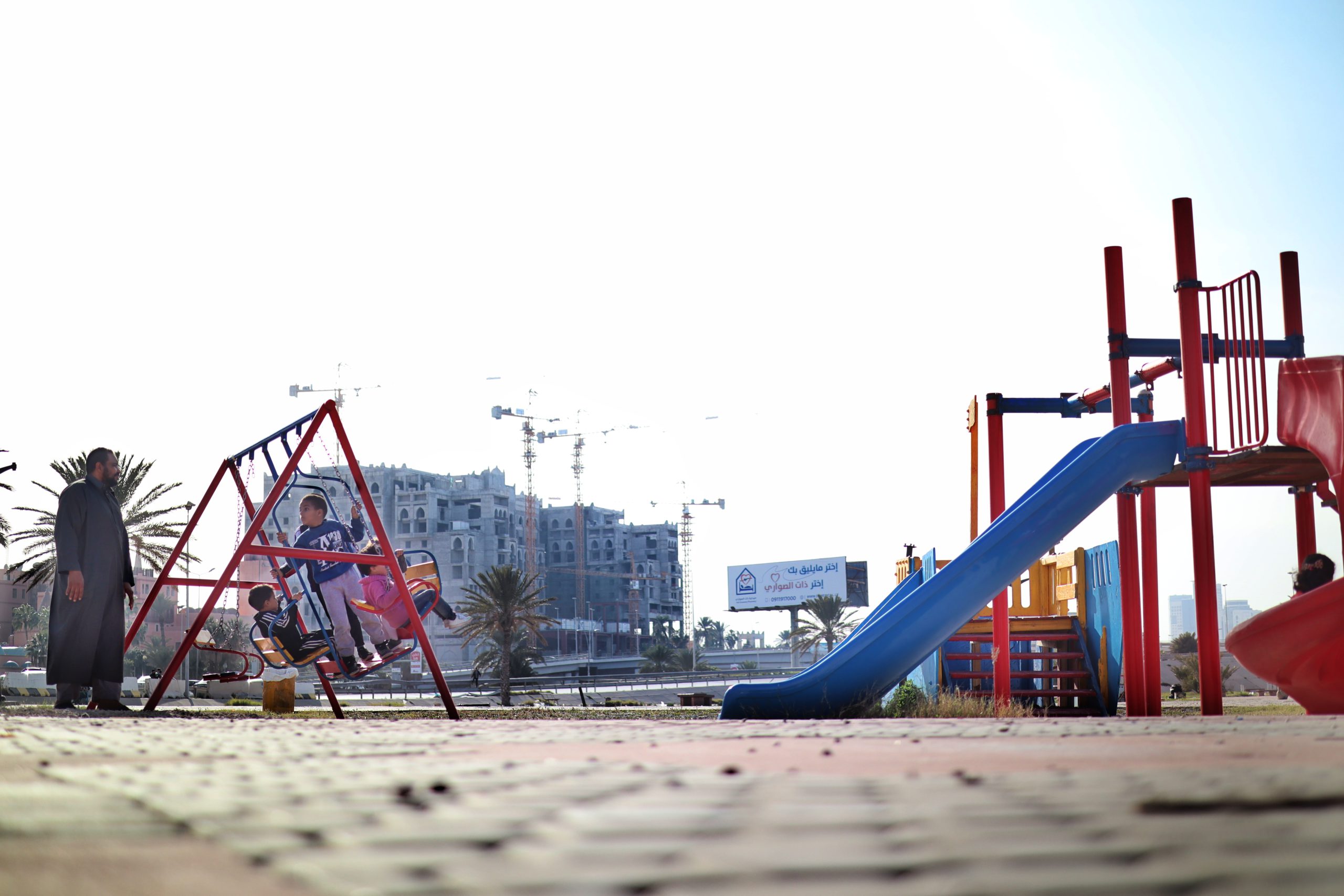
A cross-government working group on Social Peace and Local Development, hosted by the Ministry of Local Government, has been working since May 2013 to identify how local government and community leaders can promote social peace, in terms of both ‘how’ they work together, and ‘what’ services and development projects they should support. The result is a handbook intended as a guide for local government bodies and community leaders on working in partnership to promote social peace and development in Libya. It does this by outlining a six-step process, with practical tools for each step.
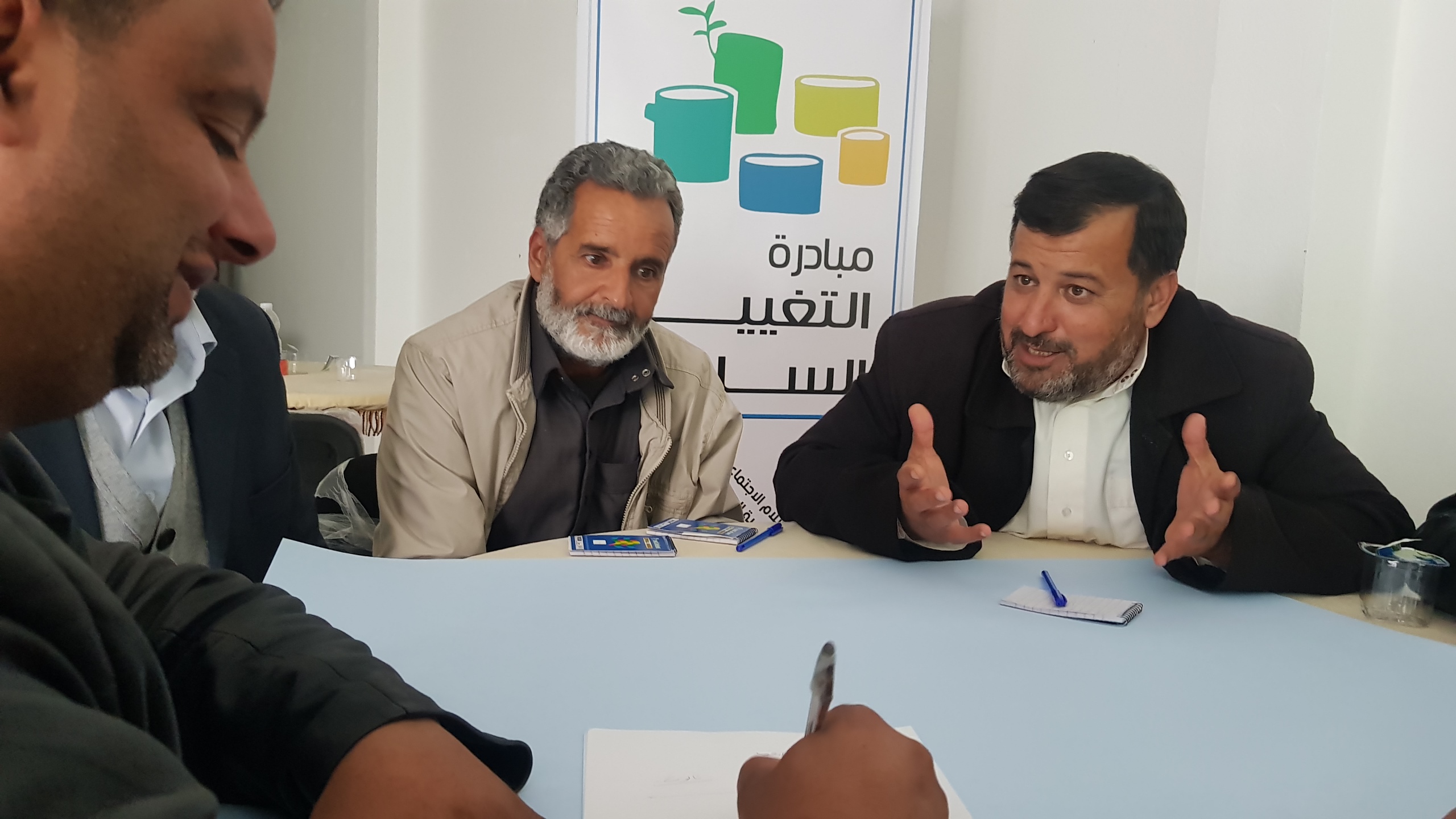
PCi worked with Libyan communities to foster transformational leaders able to manage the conflicts affecting their communities. This work was conducted for the European Union, as part of its support to civil society in Libya, and delivered through EUNIDA. Lessons learned from the project were made public in June 2014, along with the training material used. A short video was also released, giving an insight into the challenges for, and role of, local leaders in building peace in Libya.
Download the report and the training guide in English here
Download the training guide in Arabic here
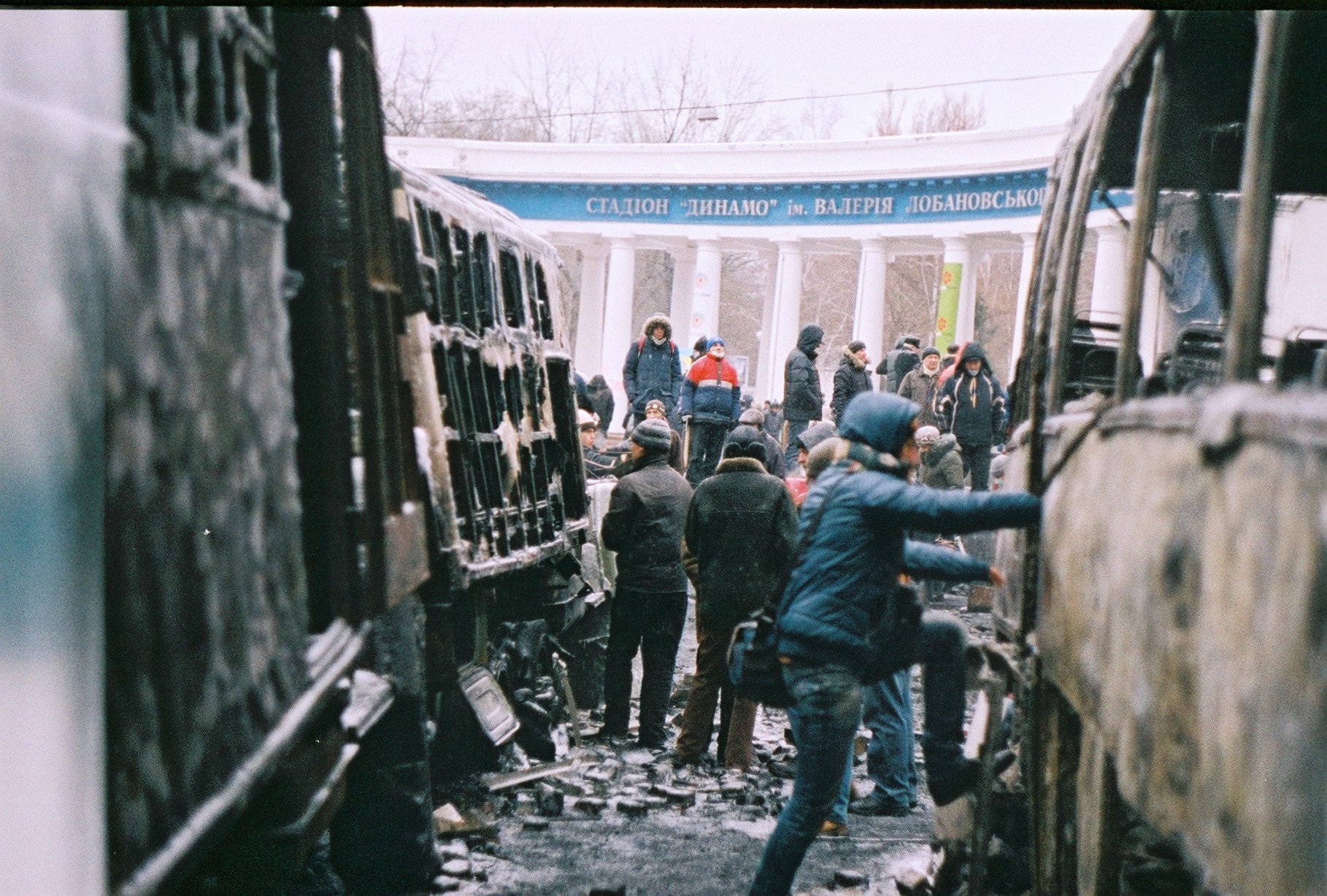
This policy briefing, reflects on the present situation in the east of Ukraine as experienced by the populations on both sides of the line of contact in the east – in the NGCA of LNR and DNR, and with areas under government control. The paper seeks to contextualise these differing experiences and offers a set of recommendations, with the aim of proposing a peacebuilding agenda for local and international organisations.

In this webinar, PCi’s Senior Advisers Lesley McCulloch and Anthony Foreman shared the key findings of a new PCi report on the challenges and opportunities of, and lessons learned from, mainstreaming conflict sensitivity in remote programming contexts. They discussed the evolution of the remote programming model employed in Syria and Libya, where PCi works to support and build the capacity of local leaders to manage conflict.
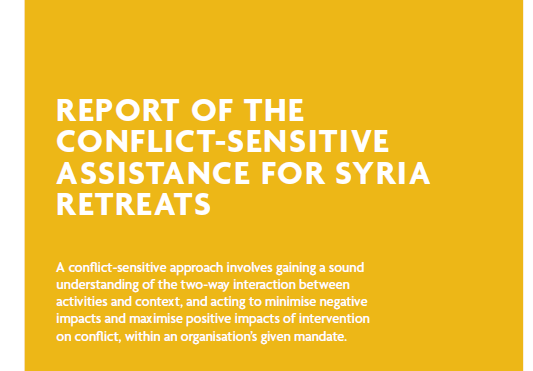
Key findings and recommendations from three retreats with Syrian NGOs, international implementers, and donors. Participants reviewed the conflict-sensitive approach to assistance delivered in Syria.

In 2015, PCi supported the establishment of a conflict-sensitive mechanism known as the Social Peace Partnership in Ubari, following successful delivery of a Social Peace and Local Development programme in 2014. The Ubari Social Peace Partnership has played a role in reducing tensions and preventing the outbreak of violent conflict.
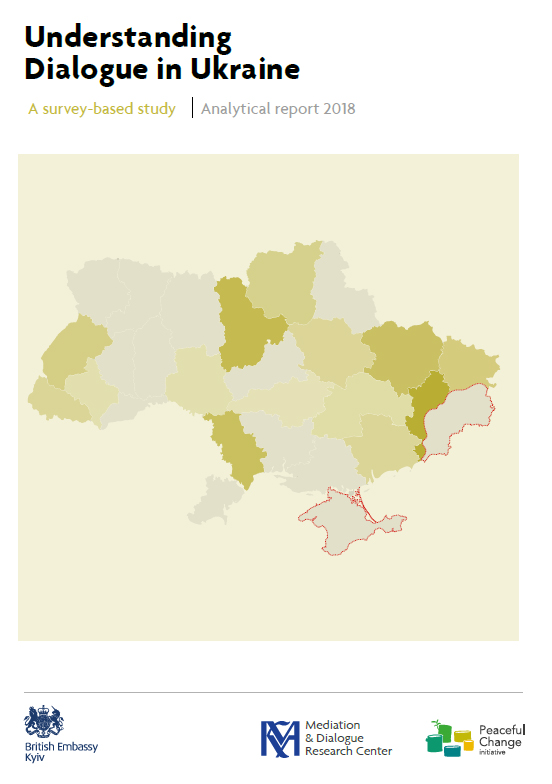
A survey of participants in track-three dialogues was conducted between March and April 2018 by the Mediation and Dialogue Research Center, Kyiv-Mohyla Academy, with support from PCi. This was to test hypotheses developed during an earlier study about patterns and risks relating to track-three dialogues in Ukraine. ‘Understanding Dialogue in Ukraine: A survey-based study, Analytical Report 2018’ can be downloaded here in English, Ukrainian and Russian.
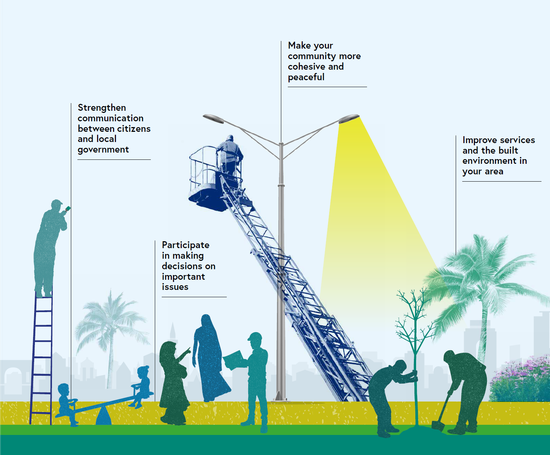
PCi developed a communication pack to support trainer mentors in Libya in designing and implementing actions aimed to promote PCi’s Social Peace and Local Development (SPLD) methodology in key locations across the country. Download the communication pack flyer in English or Arabic here